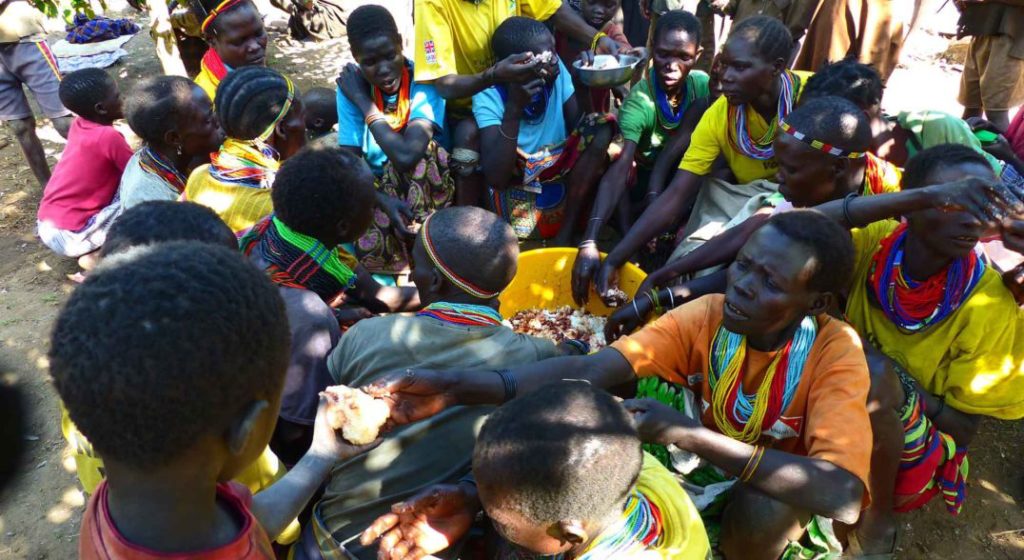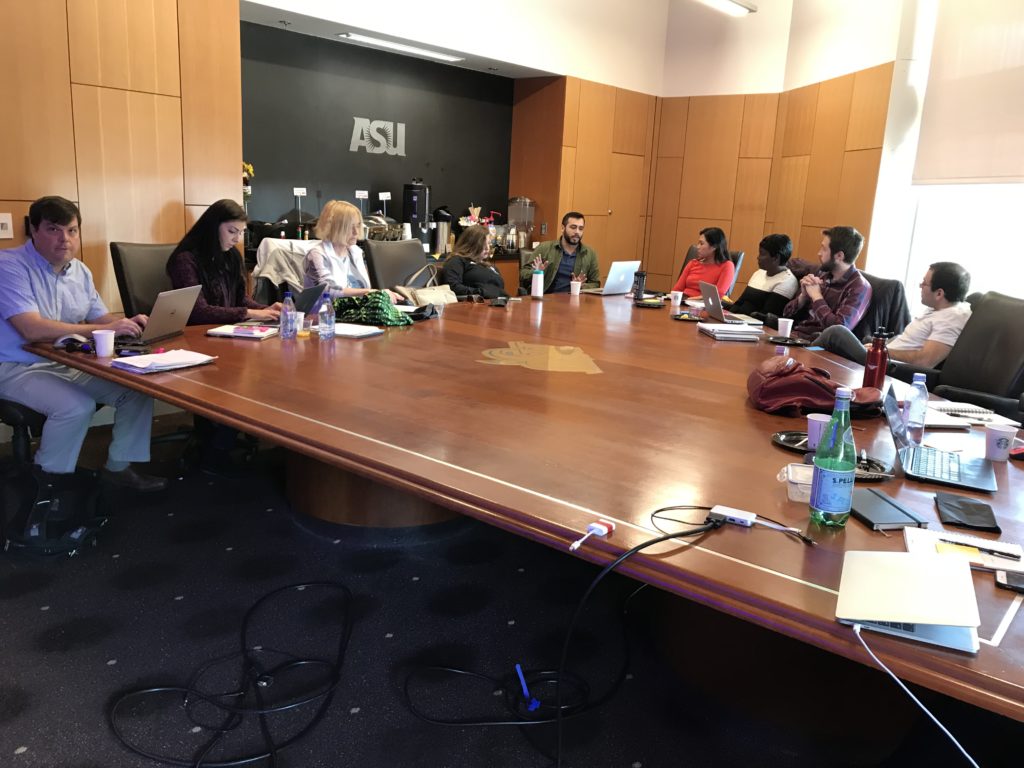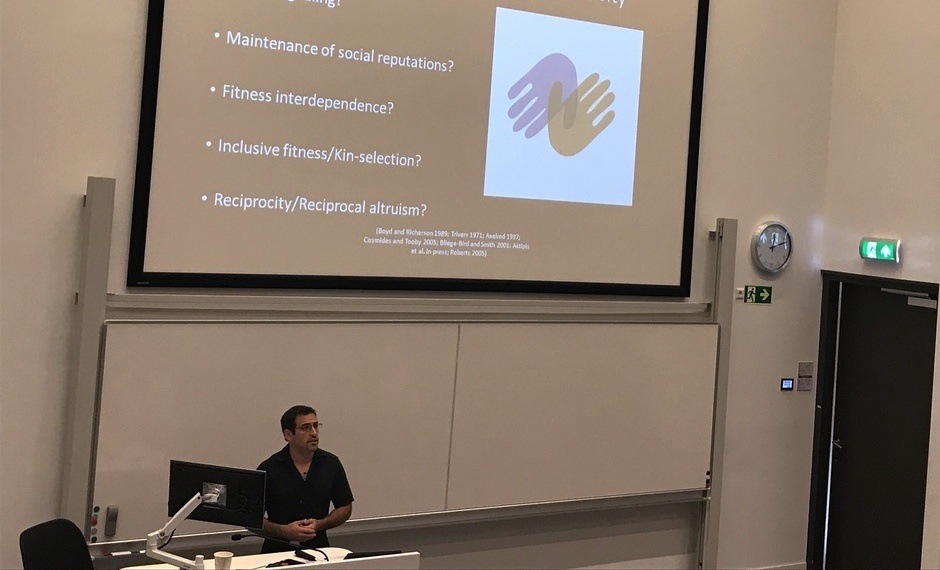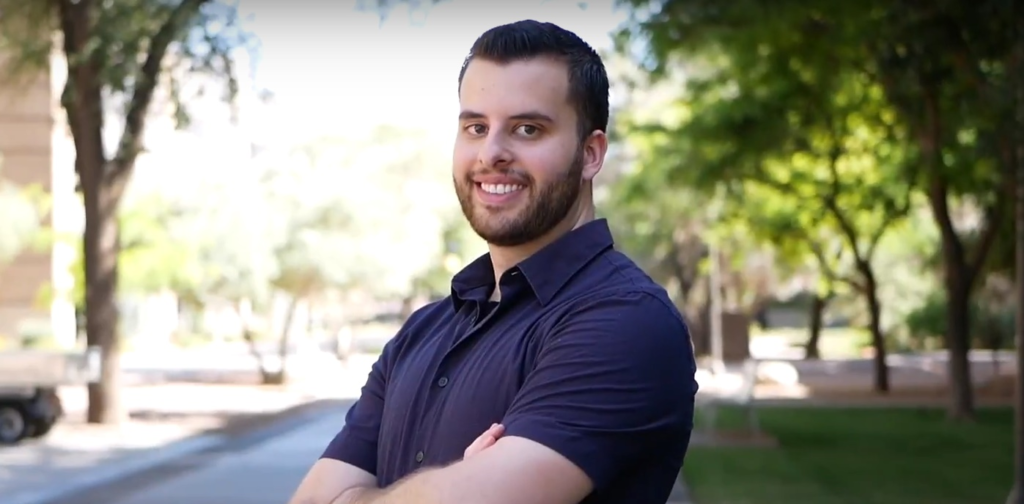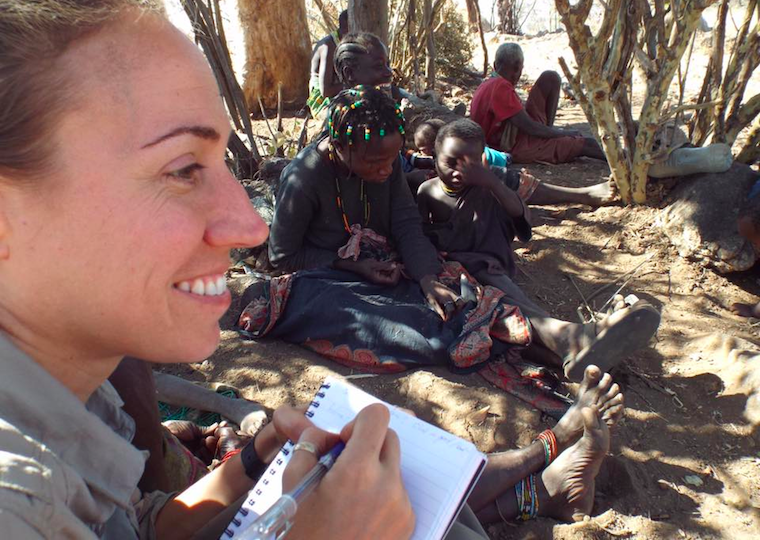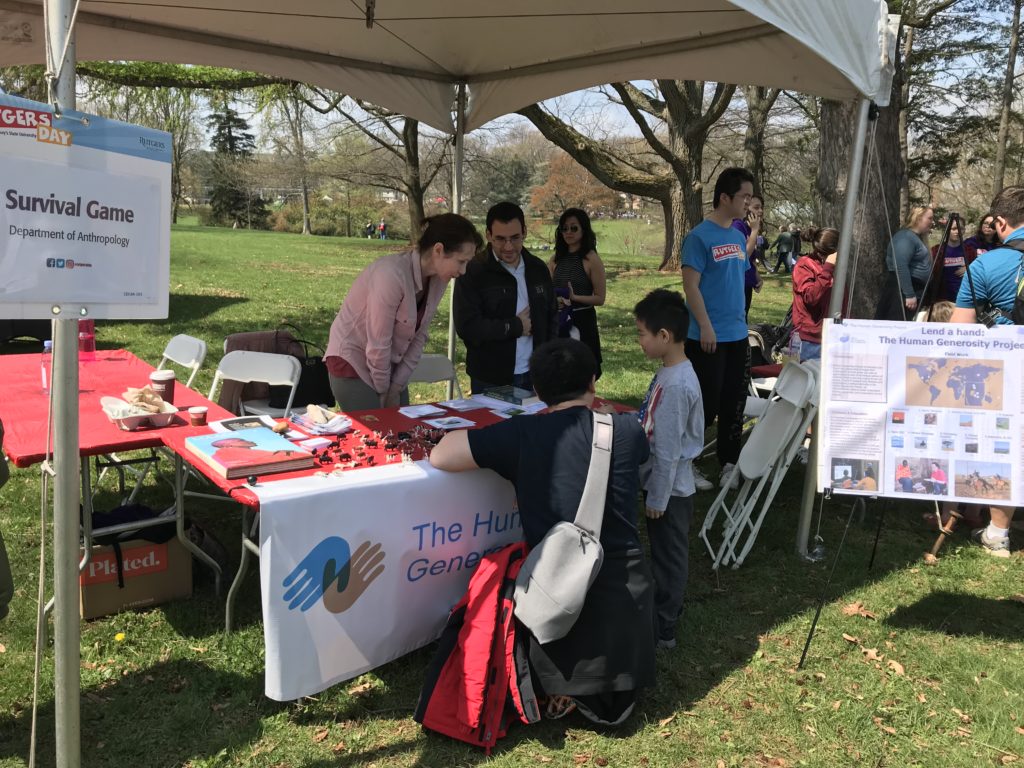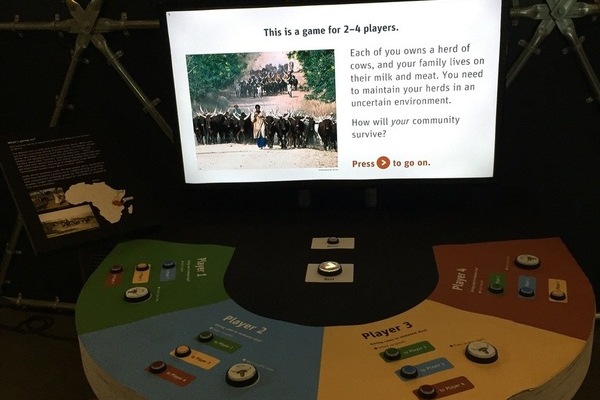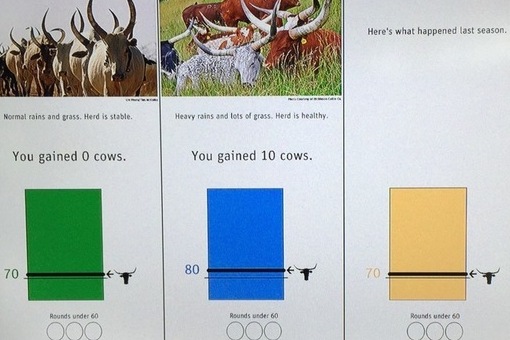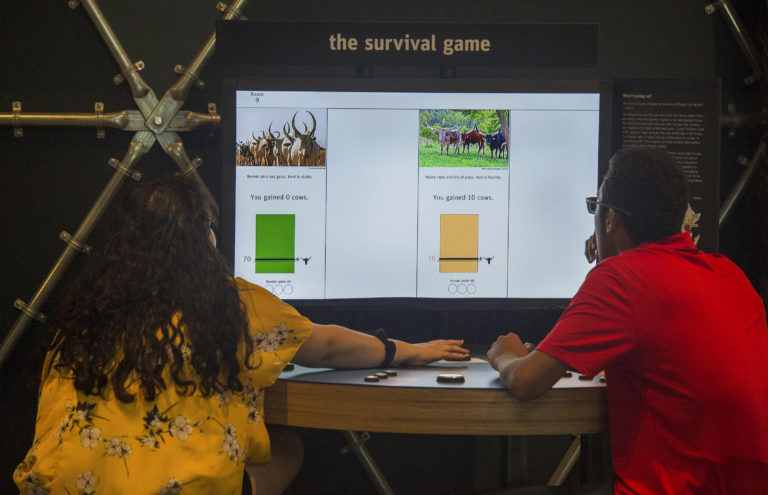
Anthropology News, an American Anthropological Association member magazine, recently posted an article about a museum exhibit created through a collaboration between the Human Generosity Project and the Exploratorium Museum in San Francisco. The exhibit allows museum visitors to play a virtual simulation of pastoralism among the Maasai in Kenya. The exhibit demonstrates how exchanging resources based on need can be beneficial in an unpredictable ecology. Click here to read the article and learn more about the exhibit.

